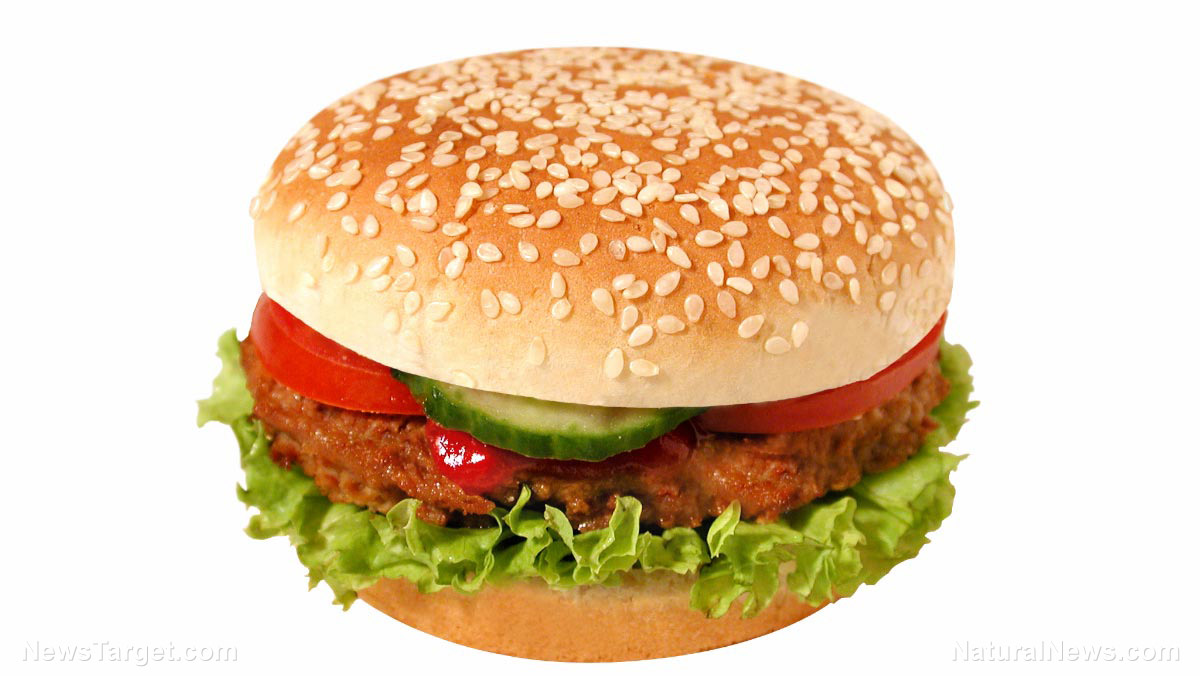
Advertisement
If you thought colon cancer was one of those diseases that you only need to worry about once you’ve reached an advanced age, we’ve got some sobering news for you: Millennials have a four-times greater chance of developing rectal tumors and double the risk of having colon tumors.
These numbers are only expected to get worse; calculations in a 2014 study show colon cancer cases rising by a frightening 90 percent among those aged 20 to 34 by 2030.
Why is this situation so out of control? One big problem is the fact that this age group does not undergo the routine screening that has been cutting colon cancer rates among older people. In addition, many young people miss the signs, which can be, and often are, caused by something far less serious.
When 34-year-old Diana Zepeda of Washington, D.C., experienced stomach pains, gas and diarrhea, she thought it might be indigestion mixed with stress or a minor stomach bug caused by eating takeout. After her symptoms grew worse, a gastroenterologist discovered she had E. Coli and gave her antibiotics.
When this failed to solve the problem, a colonoscopy discovered a tumor blocking her colon. By then, she had stage 4 colon cancer, which spread to her liver. After several surgeries and grueling chemotherapy sessions, she recently finished her last round of chemo and is looking forward to getting back to normal. Unfortunately, the story ends very differently for a lot of young colon cancer patients.
Zepeda is trying to spread the word to help others catch their cancer before it becomes too advanced. Despite these alarming rises, however, it’s important for people who experience the symptoms, which might include changes in their bowel movement habits and rectal bleeding, to keep in mind that such symptoms are usually not caused by colon cancer. Nevertheless, it is important to look into it to rule out cancer.
What is behind the rise in colon cancer among young people?
Why is cancer so prevalent these days? In the case of colon cancer, young people’s diet could be the culprit. Processed foods in general have been linked to a higher risk of cancer, and the sodium nitrite found in processed meats is particularly risky. Deli meats like salami, bacon and sausages all fall into this category. Experts say that consuming 50 grams of processed meat each day can raise a person’s colorectal cancer risk by 18 percent; this is the amount found in just one hot dog or four strips of bacon.
The emulsifiers commonly used in processed foods are also to blame. The emulsifiers found in foods like margarine, dessert pastry, and baked bread, such as carboxymethylcellulose and polysorbate 80, change the internal microbial terrain in a way that causes the inflammation that precedes the formation of cancer cells.
Colorectal cancer is said to be one of the most preventable cancers there is. As many as 45 percent of colorectal cancer cases could be prevented by eating less meat and more fiber and exercising regularly, experts say.
People of all ages can reduce their risk of colon cancer by improving their diets, quitting smoking and minimizing their alcohol consumption. With only one out of every five colon cancer patients younger than 50 expected to survive the illness, it has never been more important for people to embrace a healthy lifestyle.
Read more news about cancer causes and cancer prevention at Cancer.news.
Sources for this article include:
Advertisements







